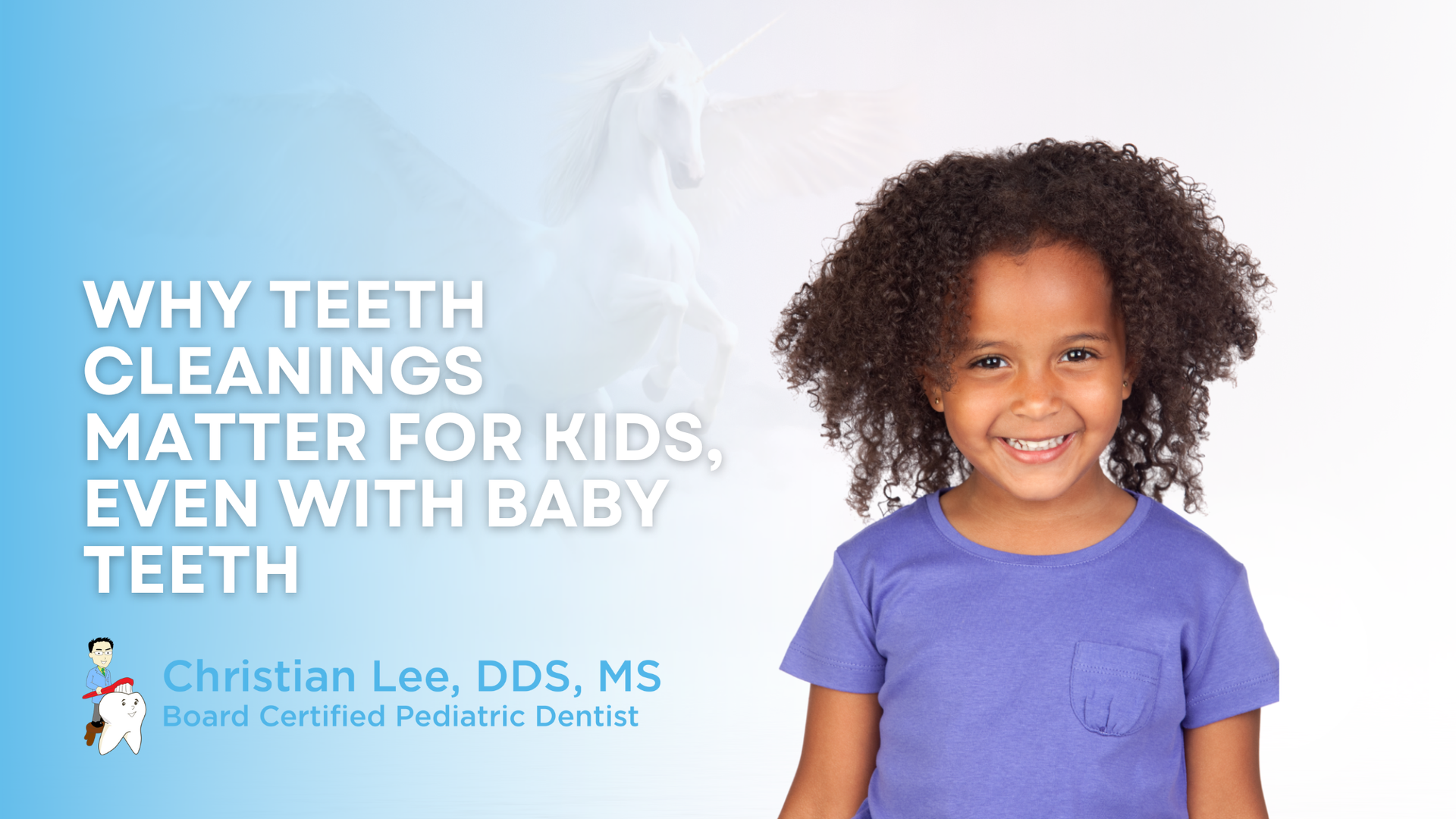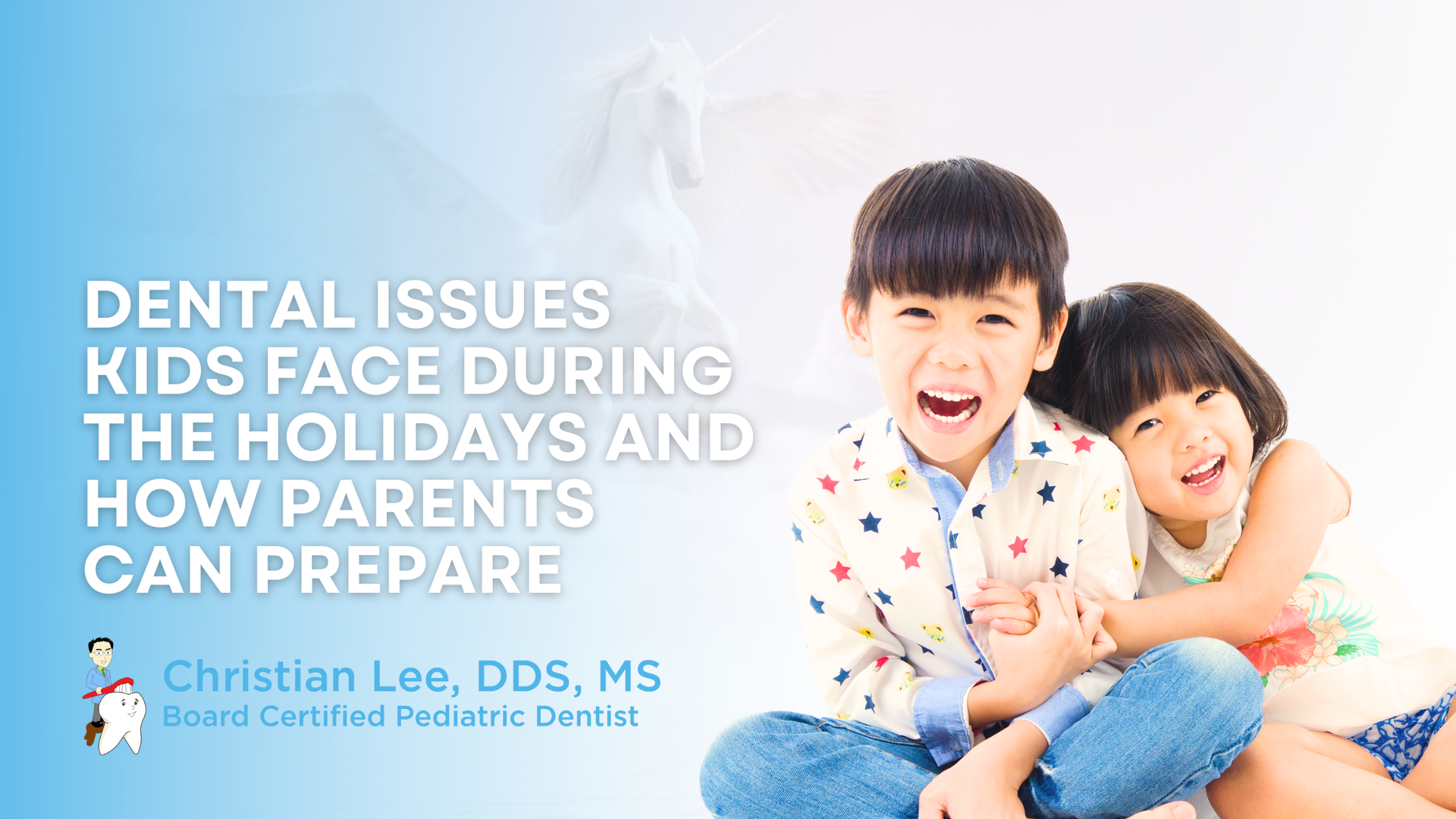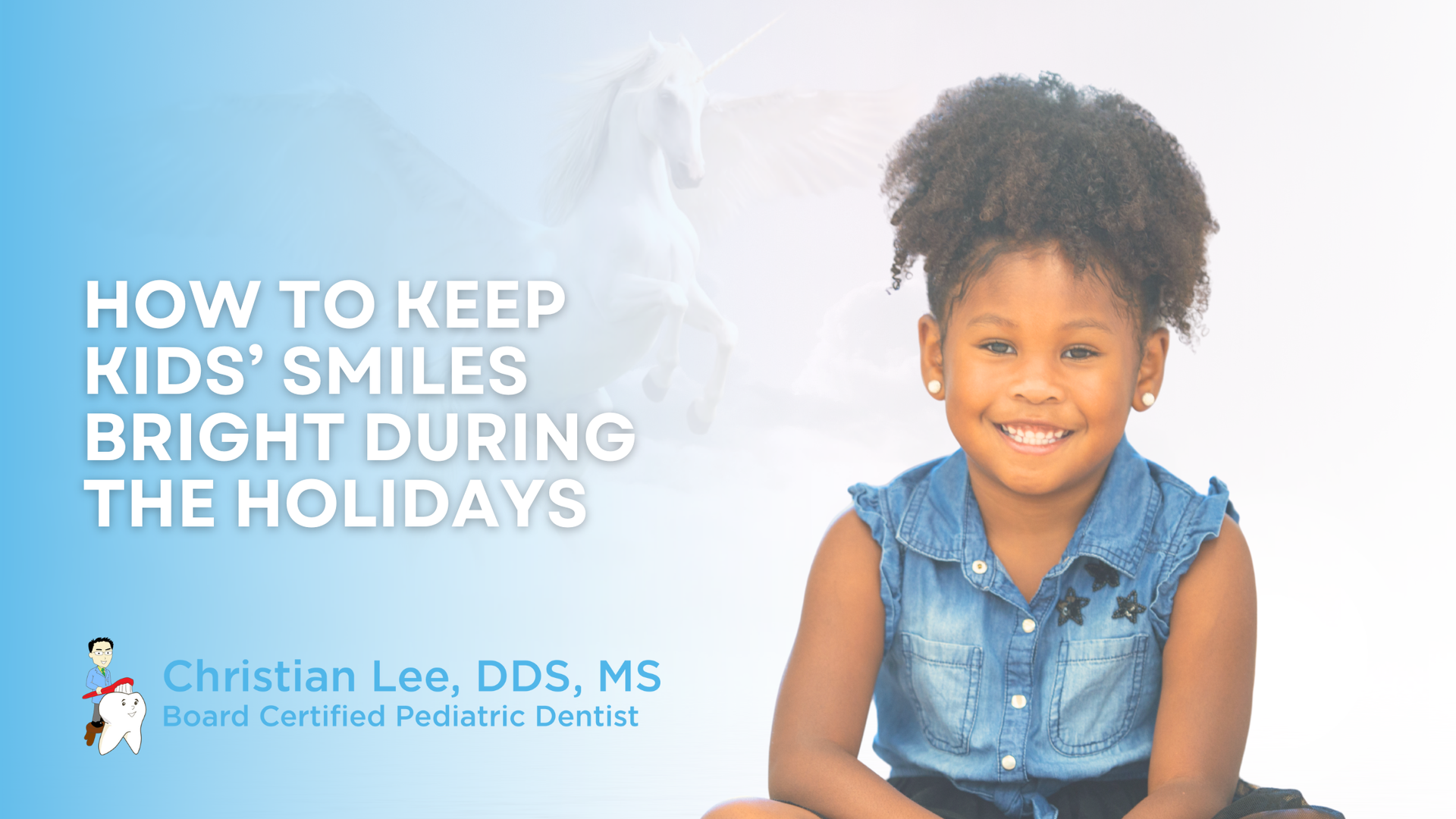Understanding Teeth Grinding in Children: A Quick Guide
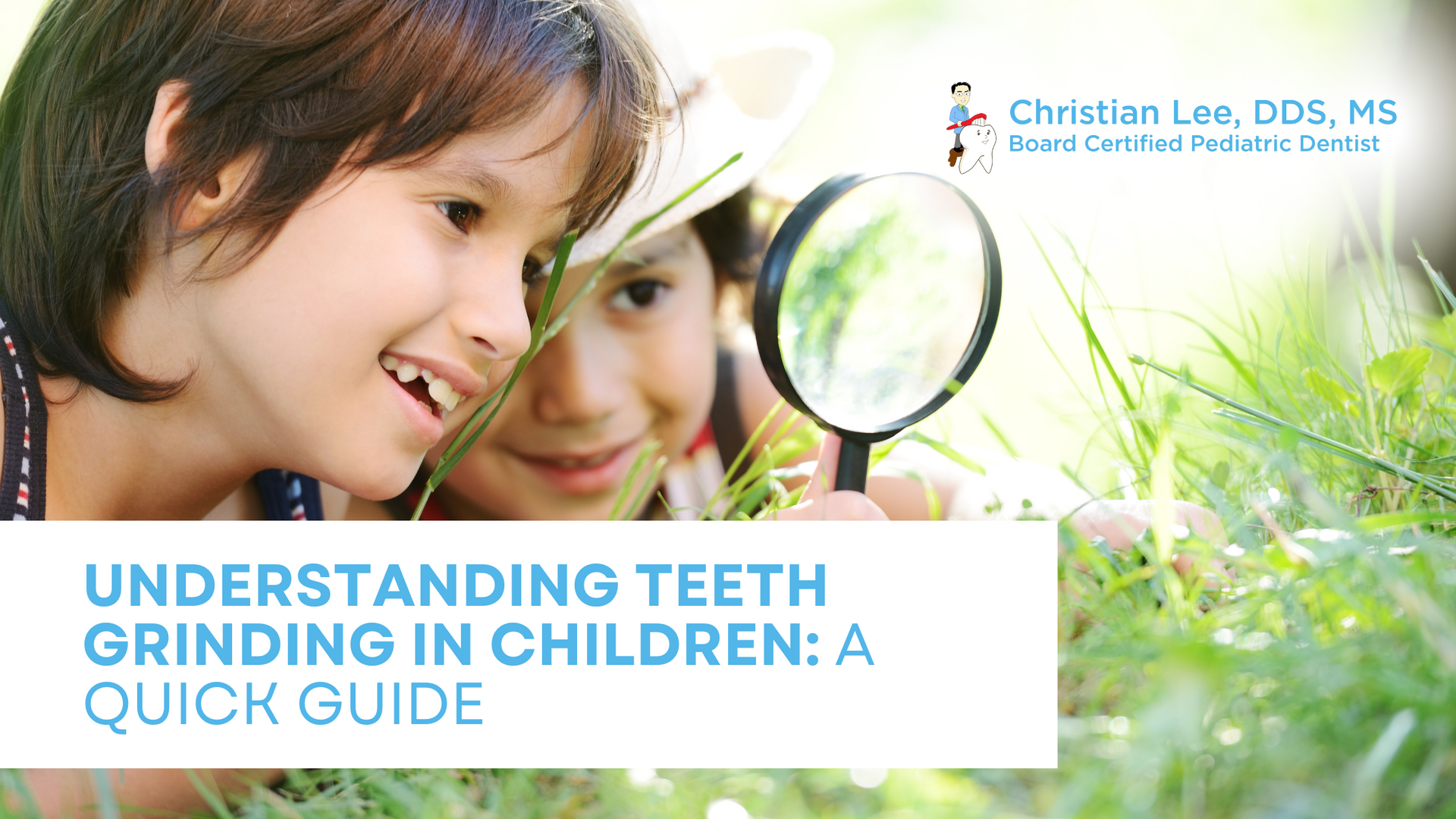
Source: Dr. Marketing
Many parents are surprised to find out that teeth grinding is common in children during sleep. This condition, known as bruxism, is very common in children. While occasional grinding may not be a cause for concern, frequent or intense clenching and grinding can lead to jaw discomfort, dental damage, and long-term issues if left unaddressed.
At Christian K. Lee, DDS, MS in Palo Alto, we understand how confusing and even alarming it can be for parents to navigate this issue. In this blog, we’ll explore what teeth grinding in children means, what causes it, and how we can help relieve jaw pain and protect your child’s smile.
Understanding Bruxism in Children
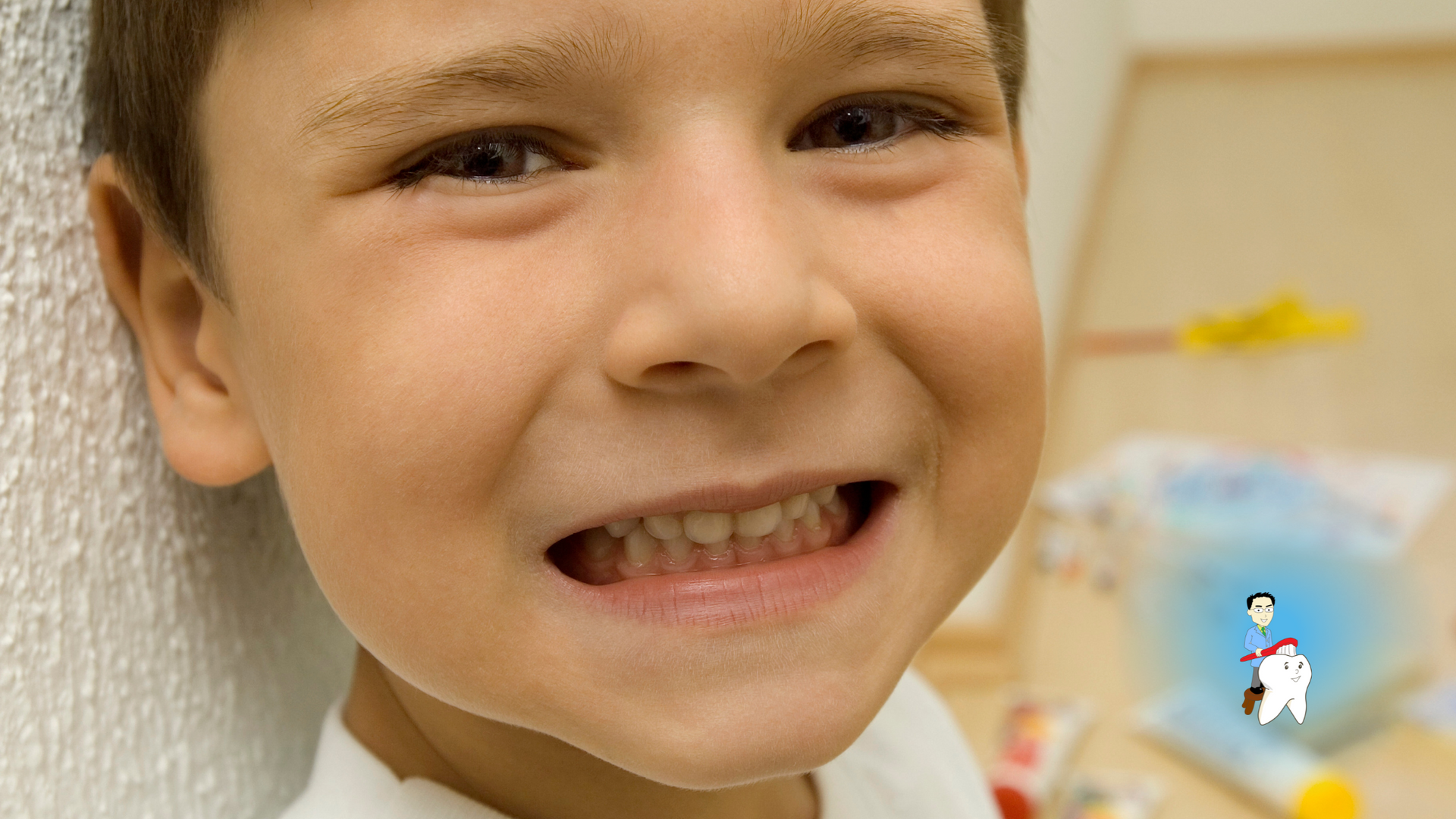
Bruxism is the involuntary grinding or clenching of teeth. In children, this often happens during sleep—sometimes without them even knowing it. Some children also clench their jaws during the day, especially during moments of stress, focus, or anxiety.
Studies suggest that up to 30% of children grind their teeth at some point. While many will outgrow the habit as they develop, others may continue into adolescence or adulthood. The challenge lies in identifying when it becomes a problem—and what to do about it.
What Are the Signs of Teeth Grinding?
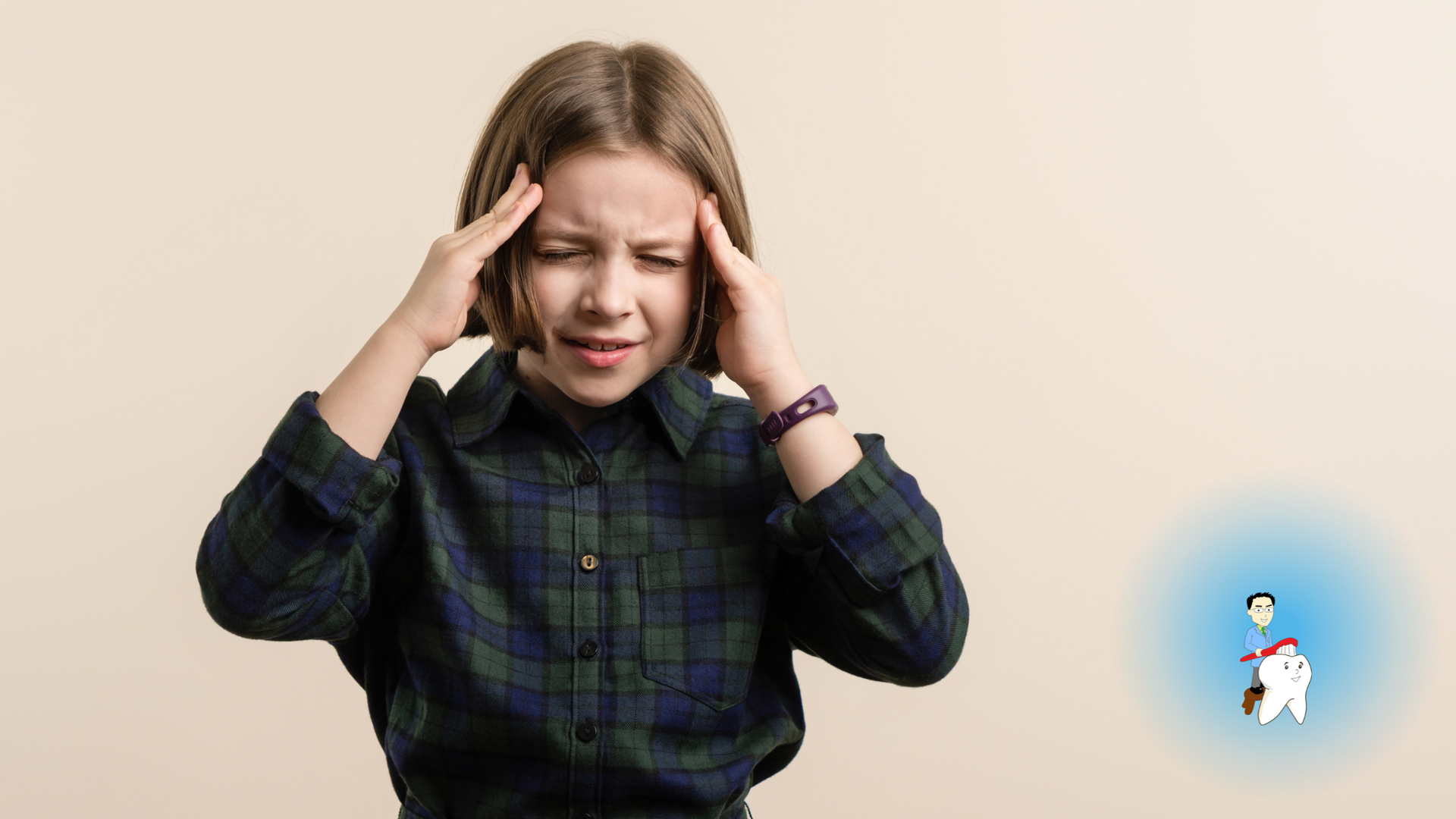
Since most grinding occurs at night, it can be difficult for parents to detect unless they hear it directly. However, there are several telltale signs that can point to bruxism:
- Complaints of sore jaw muscles, especially in the morning
- Headaches, particularly around the temples
- Earaches not linked to infection
- Chipped or worn-down teeth
- Increased tooth sensitivity
- Unexplained damage to dental work
- Difficulty chewing or opening the mouth
- Restless sleep or frequent waking
Children might not always verbalize their discomfort, so it’s important to observe patterns of behavior—like holding their jaw, favoring one side when eating, or appearing tired during the day despite a full night’s rest.
What Causes Teeth Grinding in Kids?

Teeth grinding can have multiple triggers, and for many children, it is a combination of factors:
- Stress and Anxiety: Emotional stress is a leading cause of bruxism. Children undergoing transitions—such as starting a new school, family changes, or social pressures—may unknowingly cope by clenching their jaws during sleep.
- Misaligned Teeth or Bite Problems: An uneven bite or crowded teeth can create discomfort in the mouth, leading children to subconsciously adjust their jaw, especially at night.
- Sleep Disorders: Conditions like obstructive sleep apnea or snoring are sometimes associated with bruxism. In these cases, teeth grinding may be a response to disrupted breathing patterns.
- Hyperactivity and Neurological Factors: Some research has linked grinding to attention-deficit/hyperactivity disorder (ADHD) and other neurological conditions, although the connection is still being explored.
- Medical Conditions or Medications: Children with conditions like cerebral palsy or those taking certain medications (especially for anxiety or ADHD) may be more prone to grinding.
The Link Between Grinding and Jaw Pain
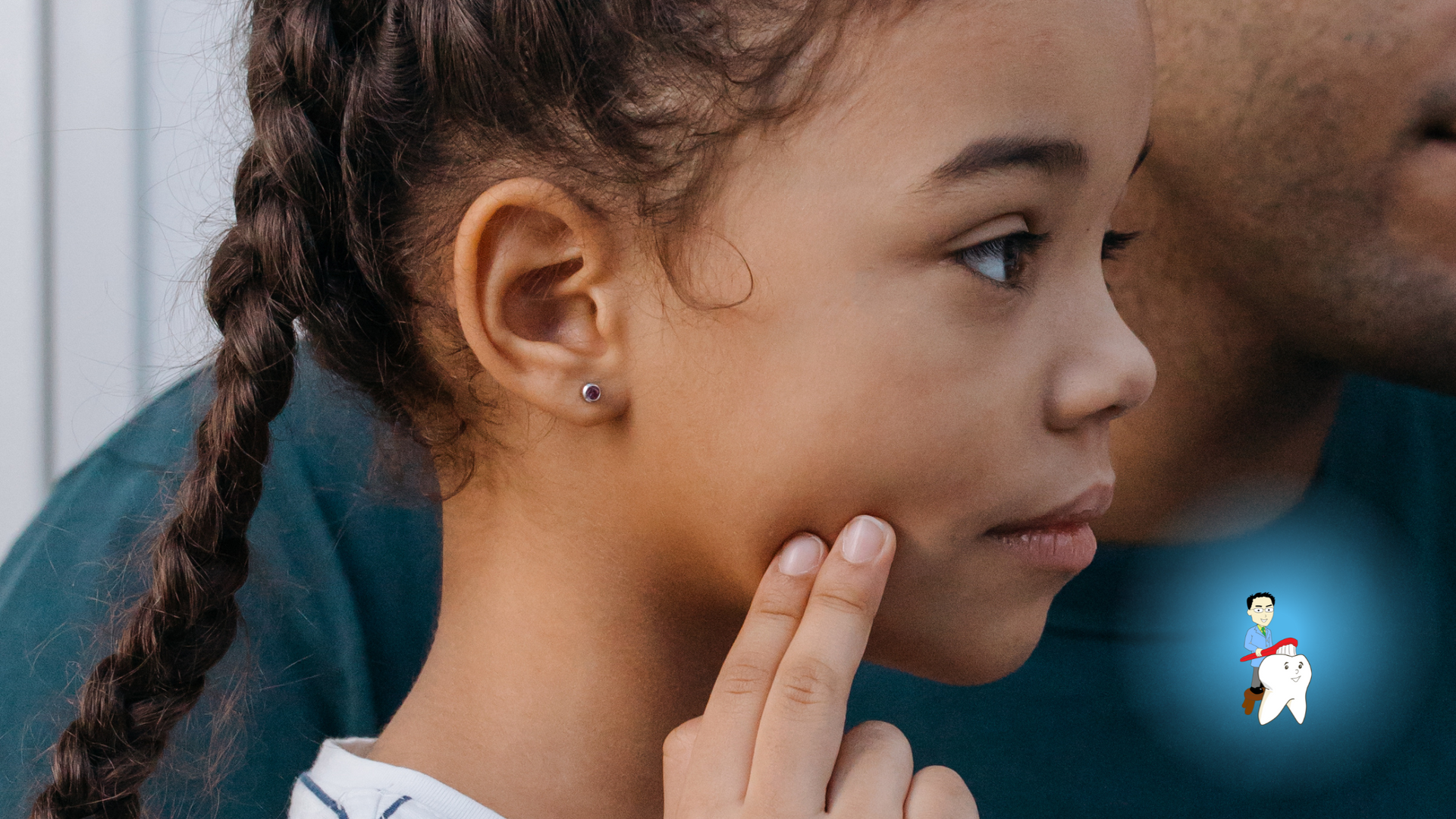
When a child clenches or grinds their teeth repeatedly, the muscles of the jaw are under constant strain. Over time, this tension can lead to pain in the jaw joint—known as the temporomandibular joint (TMJ). TMJ discomfort may present as clicking noises when the child opens or closes their mouth, difficulty chewing, or even facial pain.
Persistent jaw pain should never be ignored. It can impact your child’s ability to eat, sleep, concentrate, and enjoy daily activities. The good news is that help is available—and a pediatric dentist can play a pivotal role in managing and treating these symptoms.
How Pediatric Dentists Help with Clenching, Grinding, and Jaw Pain
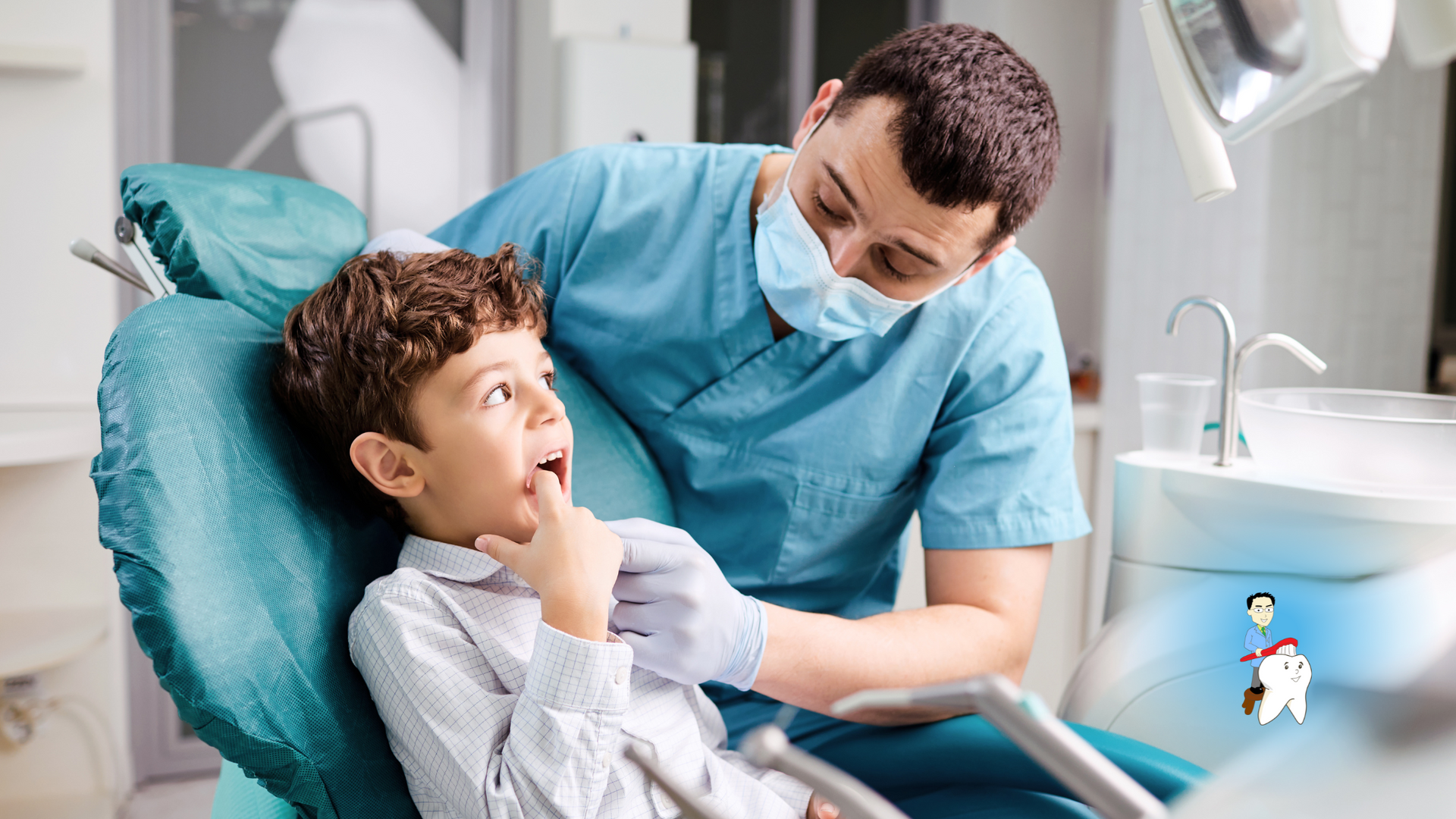
At Christian K. Lee, DDS, MS in Palo Alto, we approach teeth grinding with a comprehensive, child-focused strategy. Our goal is not only to protect your child’s teeth but also to support their overall comfort and well-being. Here is how we typically help:
In-Depth Evaluation
A thorough dental exam allows us to assess wear patterns on the teeth, evaluate jaw alignment, and determine if bruxism is affecting your child’s oral health. We also ask about behavioral symptoms, sleep patterns, and any known emotional stressors.
Custom Night Guards
One of the most effective treatments for nighttime grinding is a custom-made mouthguard. These devices are designed to fit comfortably over a child's teeth, providing a cushion that prevents direct tooth-on-tooth contact. Night guards also help distribute pressure evenly, reducing stress on the jaw joint and minimizing discomfort. However, we typically recommend mouthguards only for older children. For younger children, mouthguards are generally avoided, as they can interfere with natural jaw development and alignment. A thorough evaluation helps determine the appropriate age and treatment approach.
Sedation Dentistry for Anxious Children
Some children with bruxism experience high levels of anxiety during dental visits. In such cases, sedation dentistry can be a valuable tool. It helps children stay calm and comfortable during their appointments, making necessary evaluations or treatments easier for both the child and our team. Sedation options are safe, tailored to each child’s age and health history, and administered with the utmost care.
Addressing Underlying Stress
Since stress is a key factor in bruxism, we may collaborate with parents to explore calming routines or therapy options. Simple changes in bedtime habits—such as reducing screen time, practicing relaxation techniques, or establishing a consistent nighttime routine—can make a big difference.
Monitoring Development
In many cases, grinding is temporary and may resolve as a child’s bite changes with growth. However, regular dental visits allow us to monitor progress and adjust our approach as needed. If dental alignment appears to be a contributing factor, early orthodontic intervention might be considered.
What Parents Should Know About Long-Term Impact

Although many children outgrow bruxism, untreated grinding can result in long-term issues. These include:
- Cracked or flattened teeth
- Gum recession
- TMJ disorders
- Altered facial development
- Sleep disruption, which can affect academic and social performance
By addressing the issue early, you can help prevent these complications and give your child the tools they need for a healthier smile and better overall health.
Tips to Support Your Child at Home
There are a few proactive steps you can take at home to help ease the effects of teeth grinding:
- Create a calming bedtime routine: Soothing activities like reading, warm baths, and soft music can ease stress.
- Limit stimulating activities before bed: Avoid screens, rough play, or caffeine-containing snacks or drinks in the evening.
- Encourage hydration: Dehydration may contribute to muscle tension, so keep water intake consistent throughout the day.
- Use warm compresses: If your child wakes with jaw pain, a warm compress can help relax the muscles.
Your Partner in Preventive Pediatric Care

At Christian K. Lee, DDS, MS, we believe in addressing every aspect of your child’s oral health—from the visible signs of grinding to the underlying causes of jaw pain and anxiety. If you suspect that your child is grinding their teeth or complaining of facial discomfort, we encourage you to schedule a consultation. Our pediatric dental team in Palo Alto is trained to provide gentle, compassionate care tailored to your child’s specific needs.
Your child’s growing smile deserves protection and care—and so does their peace of mind. Let us help you find the right solution, reduce discomfort, and build lasting habits for lifelong dental wellness.

